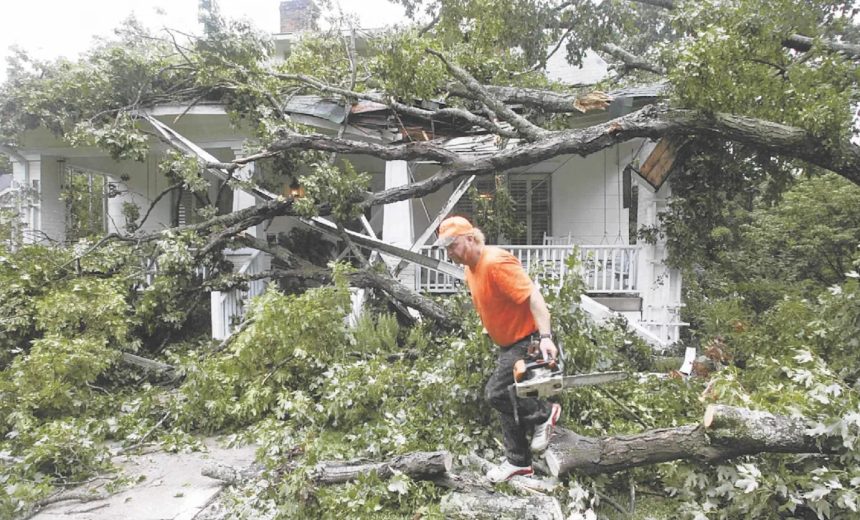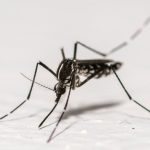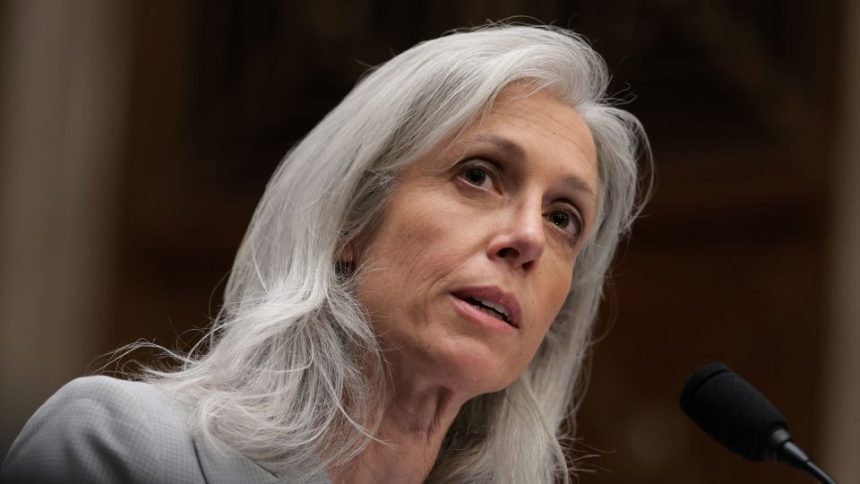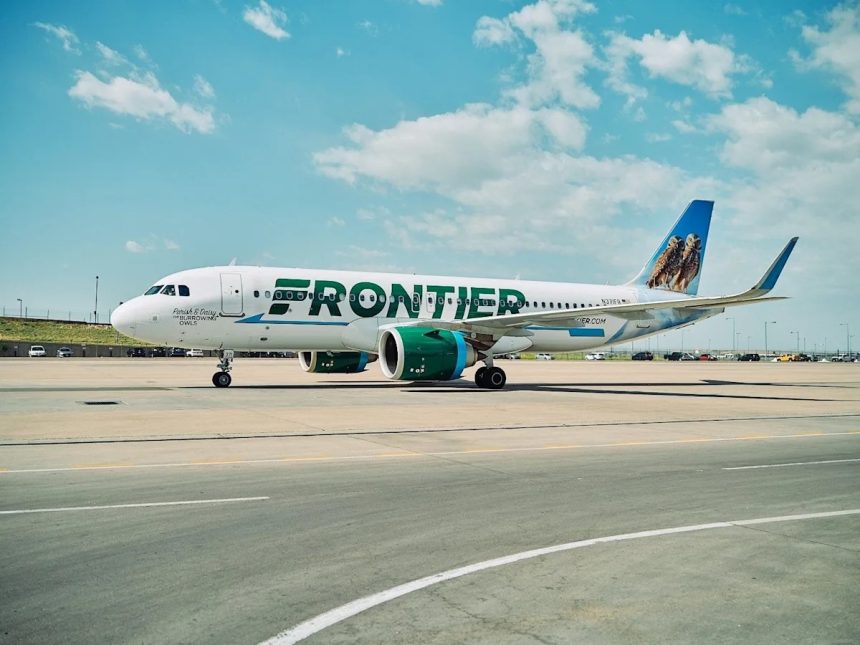On the morning of Aug. 29, 2005, volunteers throughout Tennessee were on high alert as they watched Hurricane Katrina’s path bend slightly to the right — pass just east of the heart of New Orleans — and slam into the Louisiana coast with furious 125 mph winds.
The volunteers were members of local Red Cross groups, churches and various aid organizations who stepped up to respond to the destruction before they knew the full extent of the historic storm.
“Knowing we can be the helpful hand to hand out a cold bottle of water or that hot meal or be an ear to hear their stories,” is what inspired Mt. Juliet resident Tawana Flatt to leave two children, a part-time job and home behind to help strangers in need, she told The Tennessean in 2005.
Unbeknownst to volunteers like Flatt, the storm would become one of the most devastating natural disasters in United States history.
Flatt and her husband, Doug, were joining another group of 125 volunteers from the Brentwood office of the Tennessee Baptist Convention in Memphis, where they were waiting for word that it was safe — or even possible — to get to the disaster zone, according to The Tennessean’s coverage of the storm.
The group had already prepared for at least 90 days of volunteer efforts, with more than 600 Tennesseans signed up.
They were far from alone in their efforts: More than 20 organized volunteer networks and churches were gathering forces, supplies and blood bags before the storm even made landfall. Hotels throughout Tennessee were offering rooms at slashed rates for evacuees, and multiple Red Cross trucks were strategically perched across Tennessee, Mississippi and Alabama to ensure a speedy response.
According to one Tennessean article, four semi-trailers full of supplies, including bedding, appliances and more than 700 food boxes that could each feed a family of four for a week, were on stand-by from the Church of Christ Disaster Relief Effort in Nashville the day before the storm.
Some volunteers, like Marie Jackson, a retired anesthetist from Paducah, Kentucky who was 78 at the time, had gained experience in helping with disaster zones after Sept. 11, 2001. Jackson joined a wave of volunteers that marked the largest relief effort since then, according to reporting at the time.
American Red Cross Disaster relief volunteers Mary Rau-Foster, left, Louise Vande Wiele and Billy Akin go over details as they and other volunteers set up a shelter at ClearView Baptist Church in Franklin, originally printed September 1, 2005.
In the days after landfall, the outpouring of grassroots support kept growing, far beyond the word-count limits of a newspaper. Local restaurants were organizing trucks of free food. Churches were meeting at football games to collect water bottles. School districts were collecting children’s supplies and, in Nashville, cutting red tape to enroll children from destroyed schools into local schools. Pastors in the African Methodist Episcopal Church were giving up chunks of their salaries to colleagues who lost churches in the area. Families even opened their homes to those fleeing the storm.
At one point, there were so many volunteers flooding the region that officials from the Red Cross Nashville Chapter begged those who were not trained in disaster zones not to hike in—and instead, began offering safety classes for those determined to help.
Twenty years of reporting and recovery have revealed a flawed disaster response from federal and state officials, but one thing remains clear after Hurricane Katrina: Tennessee stepped up.
The Volunteer State knows how to volunteer.
Have a story to tell? Reach Angele Latham by email at alatham@gannett.com, or follow her on Twitter at @angele_latham.
This article originally appeared on Nashville Tennessean: Tennessee volunteers stepped up, aided Hurricane Katrina recovery











